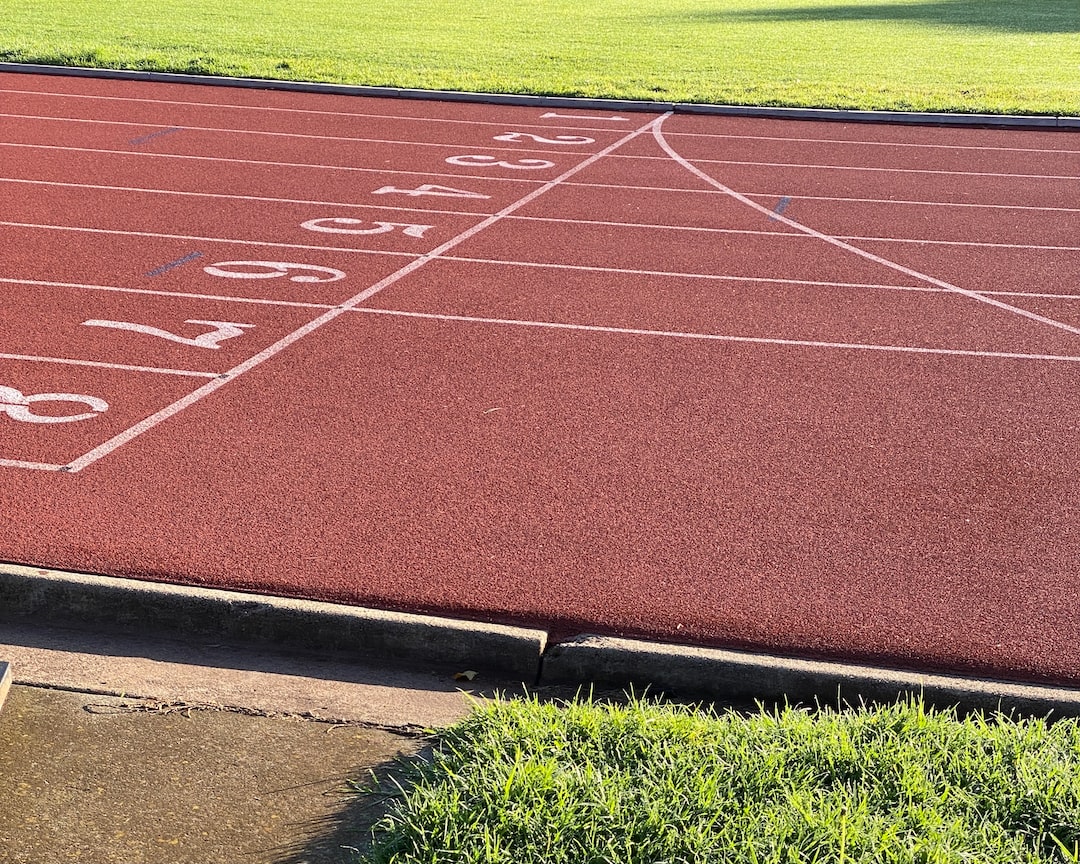Coaches play a vital role in the development of athletes. They are responsible for teaching, guiding, and motivating individuals to reach their full potential in sports. Coaches not only provide the necessary skills and techniques to enhance athleticism, but they also help build self-confidence and promote a positive attitude.
Athletes often begin their journey in sports during childhood or adolescence. These initial years of development are crucial to developing a strong athletic foundation. Coaches play a significant role in this process, as they are responsible for teaching basic skills, such as dribbling a basketball, catching a football or swinging a bat. Coaches must be skilled in breaking down complex movements into small, manageable parts that can be learned and mastered by young athletes.
As athletes progress through their athletic journey, coaches must adjust and evolve their teaching methods to help them reach the next level. More advanced skills, such as shooting a three-point shot in basketball, throwing a curveball in baseball or completing a long pass in football, require more intricate techniques and a deeper understanding of the sport. Coaches must provide the necessary guidance and practice opportunities to help athletes perfect these skills and compete at a higher level.
Coaches also have a role in promoting healthy habits among athletes. A coach’s attitude and habits can greatly influence an athlete’s mindset and behavior towards a healthy lifestyle. Diet, exercise, sleep and mental preparation can all be influenced and improved by a coach’s guidance. A coach who encourages a healthy lifestyle will motivate their athletes to eat healthier, exercise more consistently, and take care of their mental health. This not only improves athletic performance, but it also promotes lifelong habits that will benefit an athlete beyond their athletic career.
Coaches can also provide emotional support and guidance to athletes. Athleticism takes a lot of hard work, practice and dedication, which can sometimes lead to burnout, frustration and discouragement. A coach who provides encouragement, support and constructive feedback can help athletes overcome these challenges and develop a positive mindset. Furthermore, coaches who create a positive team culture and environment can foster great camaraderie and trust amongst team members, leading to better performance and a more enjoyable experience overall.
In conclusion, coaches play a crucial role in athletic development. They provide the necessary skills and techniques to enhance an athlete’s athleticism while promoting a healthy mindset and lifestyle. Coaches must be adaptive and evolve their teaching style as athletes progress through their journey. Emotional support and encouragement are also necessary to help athletes overcome the challenges of sports and build a positive attitude. Coaches possess the power to inspire their athletes and foster a love for sports that may last lifelong.

